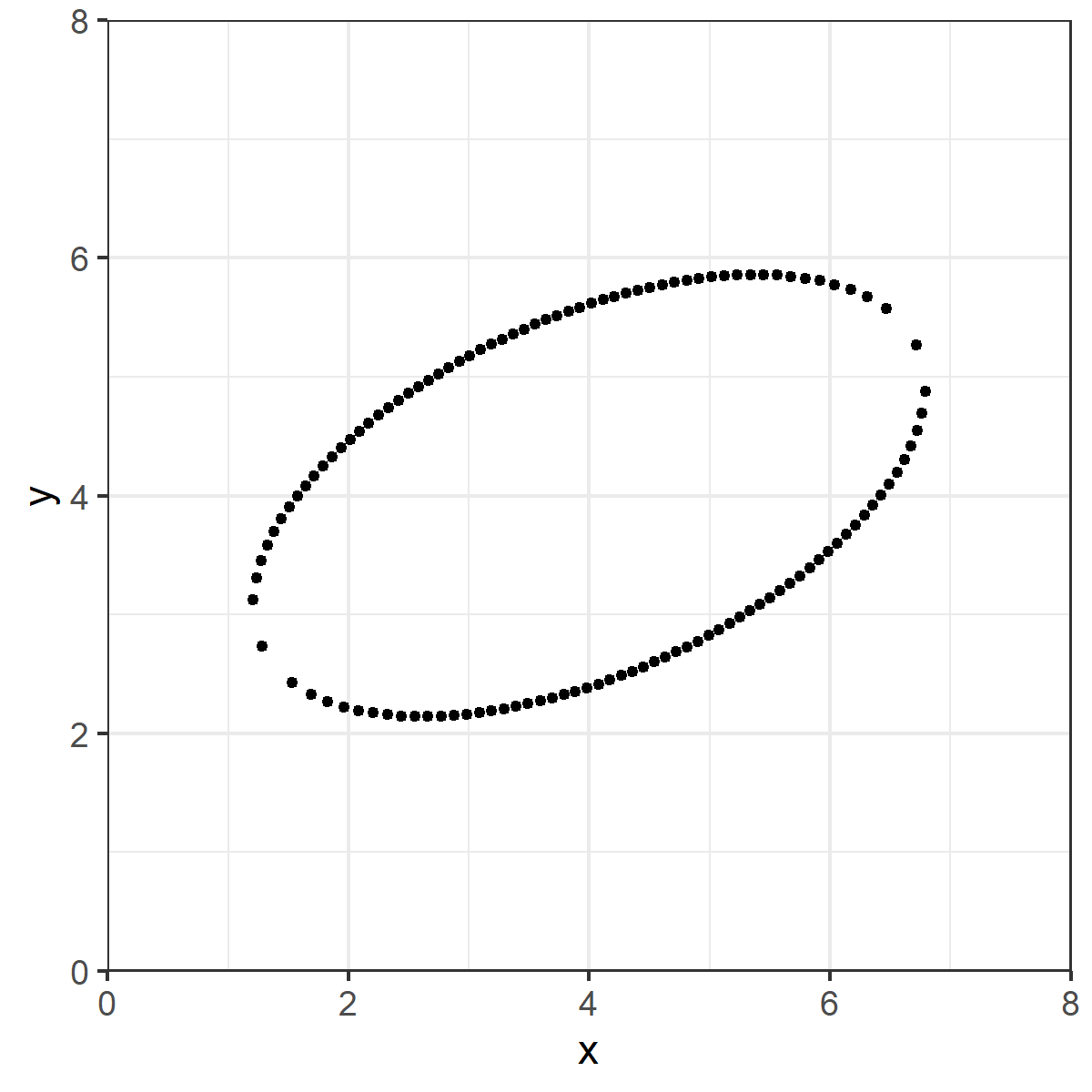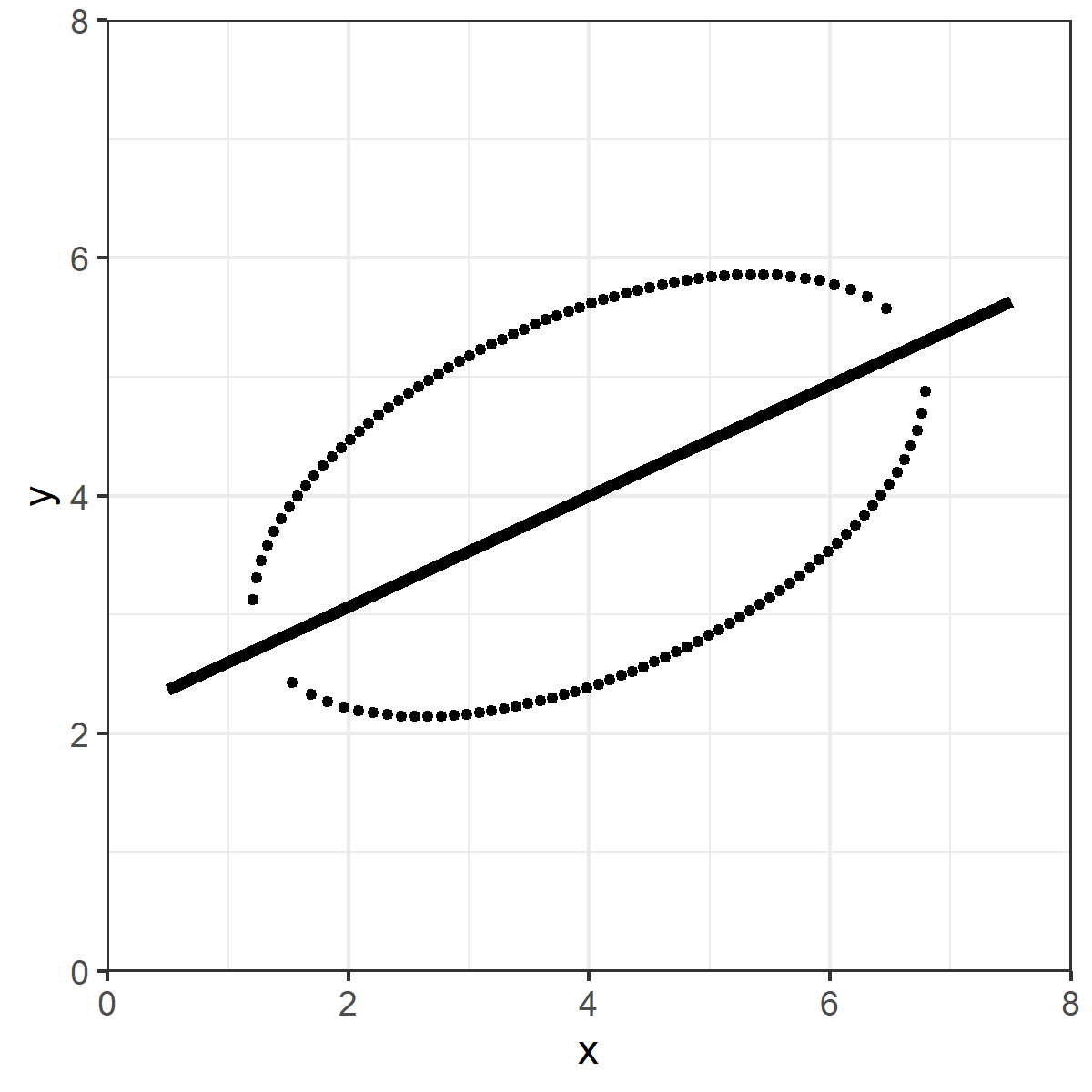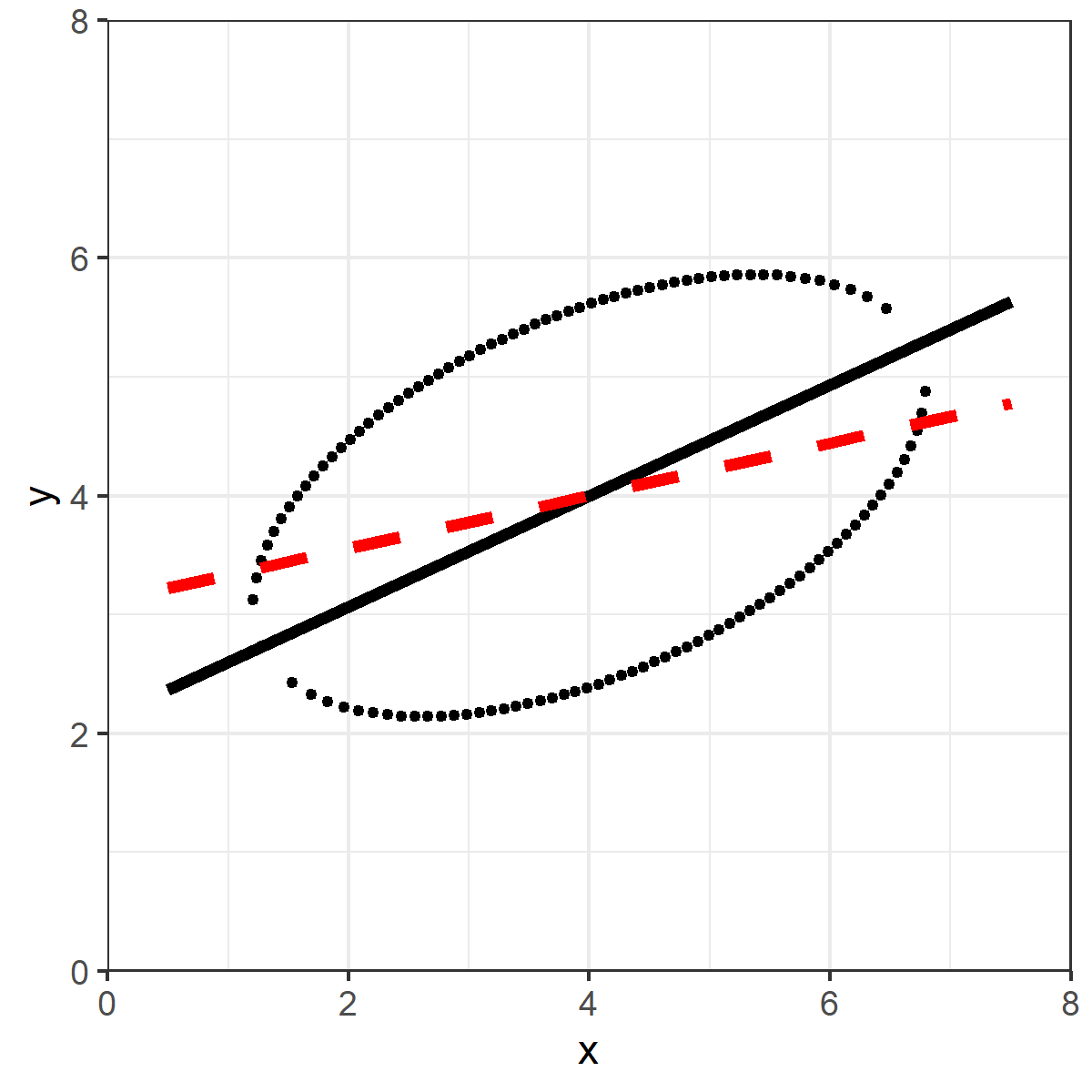
The most important lesson I have learned throughout this disaster is this: there is no adult stepping into the room to fix things.
YOU are the one who is going to fix things if things are going to be fixed. No one else will.
YOU are the one who is going to fix things if things are going to be fixed. No one else will.
I keep seeing my colleagues and friends doing amazing things making huge splashes all over. And while they are all wonderful brilliant people, the thing that makes them stand out is this one simple thing:
They didn't stop at "someone should do this." They just did it.
They didn't stop at "someone should do this." They just did it.
I have learned to no longer rely on the adults, whether they are well-respected people in my field, officials, family, etc. Some just failed to step up, some are getting in the way, and some worse.
I've lost a lot of heroes recently; I'm sure you have too.
I've lost a lot of heroes recently; I'm sure you have too.
I know so many of us have it in our heads that we are little, but I have learned that isn't NEARLY as true as we are told. We're much bigger than they think we are (if we choose to use it) and we're much bigger than WE think we are, if we choose to believe it.
I've had a few successes this year, ones I never would have believed possible. Mostly, I've failed, and failing feels awful. Occasionally I've succeed wildly more than expected, and that feels awful in a different way.
At the start of all of them is a "fuck it, why not."
At the start of all of them is a "fuck it, why not."
But pay attention to that "why not" part; there is often a reason. Sometimes the answer is that people aren't doing it because they know something you don't (looking at you armchair epidemiologists).
You've got power, make sure you have the knowledge to wield it well.
You've got power, make sure you have the knowledge to wield it well.
Often, the best use of your power is stepping aside and providing a boost to others who are better suited. The most impactful things I've done this year have been helping others do their things. You'll never see that, and that's the point.
We're the adults now whether we like it or not. Use it. Whatever it is, do it.
And get ready, because the next adults are coming up close behind us, and I can't wait to help them step into the room too.
And get ready, because the next adults are coming up close behind us, and I can't wait to help them step into the room too.
• • •
Missing some Tweet in this thread? You can try to
force a refresh






